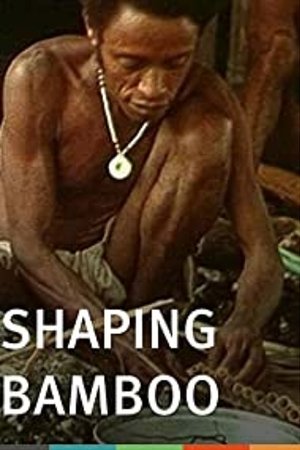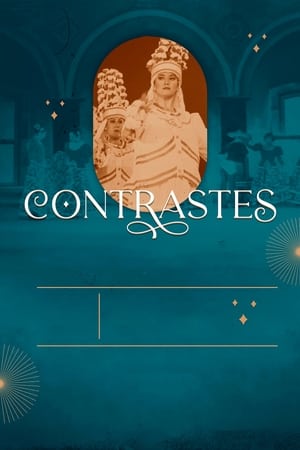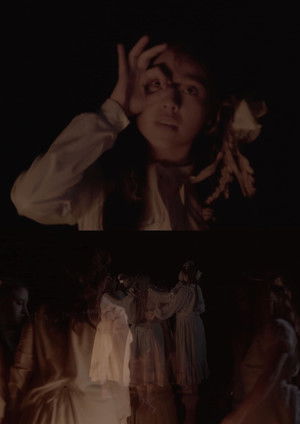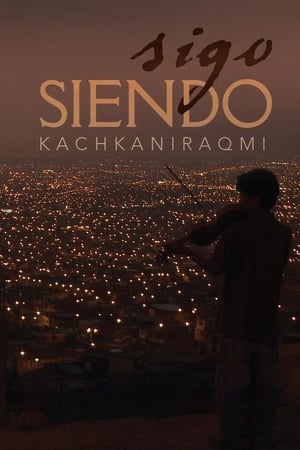Overview
To mark the 150th anniversary of Leoš Janáček's birth, a new version of Janáček's famous opus inspired by folk songs was performed at the Concentus Moraviae festival of South Moravian towns in 2004. The new version is the work of Iva Bittová, Vlado Godár, and the Škampa Quartet and is one of the most interesting creations in Czech music in recent times. Leoš Janáček's famous opus in a new version by Iva Bittová, Vlado Godár, and the Škampa Quartet from the Concentus Moraviae 2004 festival in Kyjov.

 Czech
Czech
 0
0
 2005
2005
 Czech Republic
Czech Republic











